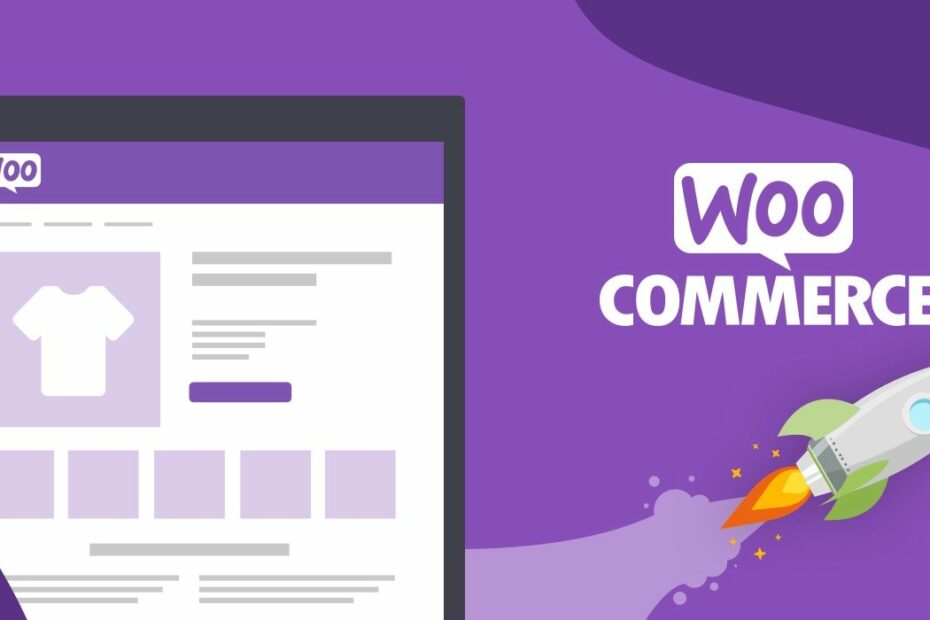Selecting the right platform for an online store has major implications for branding, cost management, data control and future growth. A client who already uses WordPress must decide between a separate hosted platform like Shopify or an embedded e-commerce solution such as WooCommerce. After evaluating setup complexity, ongoing expenses, customization options and data ownership, the clear choice is to embed WooCommerce within the existing WordPress site. This approach delivers a seamless brand experience, lower total cost of ownership, and full control over all store data and functionality.
Embedding WooCommerce into WordPress builds on the client’s current website design and infrastructure. Visitors move from informational pages to product listings without noticing any change in style or navigation. Maintaining one cohesive theme helps reinforce brand identity. It also reduces the need to update multiple templates or menu structures when the site evolves. For a business focused on growth, this unified user experience can improve engagement metrics and conversion rates. Consistent page layouts, shared header and footer elements, and unified blog content all work together to build trust and authority.
Cost efficiency is another major advantage of the WooCommerce embedded model. Shopify charges a recurring monthly fee starting at twenty nine dollars and levies transaction fees that vary by plan and payment gateway. Premium apps quickly add up to additional subscriptions. In contrast, WooCommerce is free to install, and hosting costs for a small to medium-sized store generally range between five and thirty dollars per month. Most essential extensions for shipping, subscriptions, and payment gateways are available as one-time purchases or low-cost annual licenses. This predictable expense structure simplifies budgeting and maximizes return on investment over the long term.
Control over data and full ownership of customer information are critical for compliance, marketing and analytics. With a hosted platform, store data is stored on the vendor’s servers and export options are limited to CSV files. Migrating to a different platform can be time-consuming and may require significant manual adjustments. Embedding WooCommerce keeps all products, orders and customer records in the site’s own database. Full access to database backups, migrations and site exports ensures the client can adapt quickly to new regulations, integrate with custom reporting tools, or move to a new host without losing historical sales data.
Developer flexibility and customization are essential for tailored e-commerce solutions. Shopify’s Liquid templates and app ecosystem provide many features but ultimately restrict direct code access. WooCommerce, by contrast, is open source and allows full access to PHP templates, CSS styles and WordPress hooks. Developers can create custom product types, integrate third-party APIs or modify checkout workflows to meet unique business requirements. This level of freedom supports advanced functionalities, such as dynamic pricing rules, specialized shipping calculations or custom user roles, without waiting for a vendor roadmap or app approval process.
Below are five reasons why embedding WooCommerce within WordPress is the preferred approach:
- Consistent Branding and User Experience
The store inherits the existing site’s theme, navigation menus and design elements. Customers enjoy a smooth transition from blog posts to product pages in a familiar environment. - Lower Total Cost of Ownership
WooCommerce itself is free. Hosting costs are predictable and there are no ongoing platform subscription fees or per-feature charges. Most extensions require a one-time payment or low-cost annual license. - Complete Data Ownership and Portability
All product, order and customer information resides in the client’s own database. Backups, migrations and data exports are fully under the client’s control, simplifying compliance and reporting. - Vast Plugin Ecosystem and Integration Options
WordPress supports tens of thousands of free and premium plugins for SEO, marketing automation, analytics and social proof. This rich ecosystem allows feature expansion without per-feature subscription fees. - Unlimited Customization and Developer Freedom
Full access to core code and hooks lets developers tailor every aspect of the store, from checkout fields to custom product configurators and API integrations. There are no platform-imposed limitations.
By choosing WooCommerce embedded in WordPress, the client gains a unified brand presence, significant cost savings, and total control over data and customization. This approach aligns perfectly with long-term growth strategies, technical flexibility and the need for a consistent user experience across all site pages.
